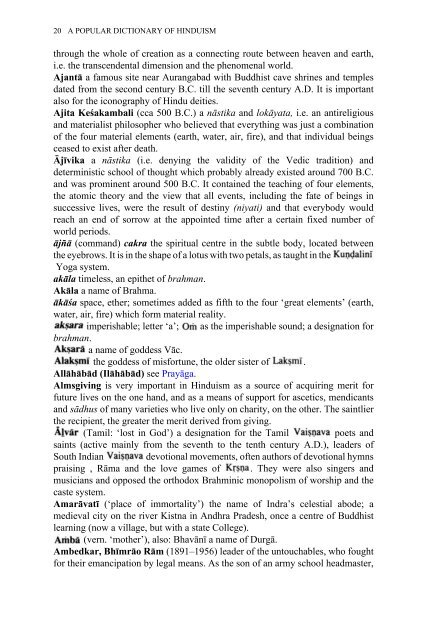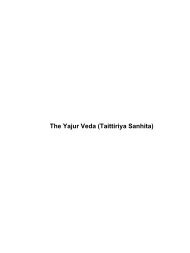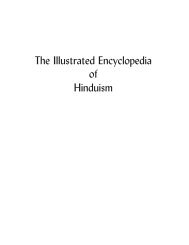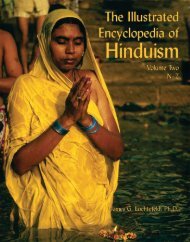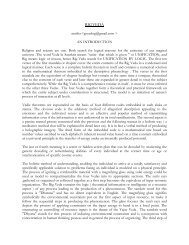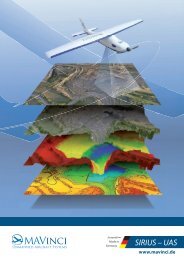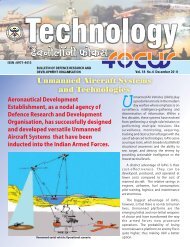Create successful ePaper yourself
Turn your PDF publications into a flip-book with our unique Google optimized e-Paper software.
20 A POPULAR DICTIONARY OF HINDUISM<br />
through the whole <strong>of</strong> creation as a connecting route between heaven and earth,<br />
i.e. the transcendental dimension and the phenomenal world.<br />
Ajantā a famous site near Aurangabad with Buddhist cave shrines and temples<br />
dated from the second century B.C. till the seventh century A.D. It is important<br />
also for the iconography <strong>of</strong> Hindu deities.<br />
Ajita Keśakambali (cca 500 B.C.) a nāstika and lokāyata, i.e. an antireligious<br />
and materialist philosopher who believed that everything was just a combination<br />
<strong>of</strong> the four material elements (earth, water, air, fire), and that individual beings<br />
ceased to exist after death.<br />
Ājīvika a nāstika (i.e. denying the validity <strong>of</strong> the Vedic tradition) and<br />
deterministic school <strong>of</strong> thought which probably already existed around 700 B.C.<br />
and was prominent around 500 B.C. It contained the teaching <strong>of</strong> four elements,<br />
the atomic theory and the view that all events, including the fate <strong>of</strong> beings in<br />
successive lives, were the result <strong>of</strong> destiny (niyati) and that everybody would<br />
reach an end <strong>of</strong> sorrow at the appointed time after a certain fixed number <strong>of</strong><br />
world periods.<br />
ājñā (command) cakra the spiritual centre in the subtle body, located between<br />
the eyebrows. It is in the shape <strong>of</strong> a lotus with two petals, as taught in the<br />
Yoga system.<br />
akāla timeless, an epithet <strong>of</strong> brahman.<br />
Akāla a name <strong>of</strong> Brahma.<br />
ākāśa space, ether; sometimes added as fifth to the four ‘great elements’ (earth,<br />
water, air, fire) which form material reality.<br />
imperishable; letter ‘a’; as the imperishable sound; a designation for<br />
brahman.<br />
a name <strong>of</strong> goddess Vāc.<br />
the goddess <strong>of</strong> misfortune, the older sister <strong>of</strong> .<br />
Allāhābād (Ilāhābād) see Prayāga.<br />
Almsgiving is very important in <strong>Hinduism</strong> as a source <strong>of</strong> acquiring merit for<br />
future lives on the one hand, and as a means <strong>of</strong> support for ascetics, mendicants<br />
and sādhus <strong>of</strong> many varieties who live only on charity, on the other. The saintlier<br />
the recipient, the greater the merit derived from giving.<br />
(Tamil: ‘lost in God’) a designation for the Tamil poets and<br />
saints (active mainly from the seventh to the tenth century A.D.), leaders <strong>of</strong><br />
South Indian devotional movements, <strong>of</strong>ten authors <strong>of</strong> devotional hymns<br />
praising , Rāma and the love games <strong>of</strong> . They were also singers and<br />
musicians and opposed the orthodox Brahminic monopolism <strong>of</strong> worship and the<br />
caste system.<br />
Amarāvatī (‘place <strong>of</strong> immortality’) the name <strong>of</strong> Indra’s celestial abode; a<br />
medieval city on the river Kistna in Andhra Pradesh, once a centre <strong>of</strong> Buddhist<br />
learning (now a village, but with a state College).<br />
(vern. ‘mother’), also: Bhavānī a name <strong>of</strong> Durgā.<br />
Ambedkar, Bhīmrāo Rām (1891–1956) leader <strong>of</strong> the untouchables, who fought<br />
for their emancipation by legal means. As the son <strong>of</strong> an army school headmaster,


